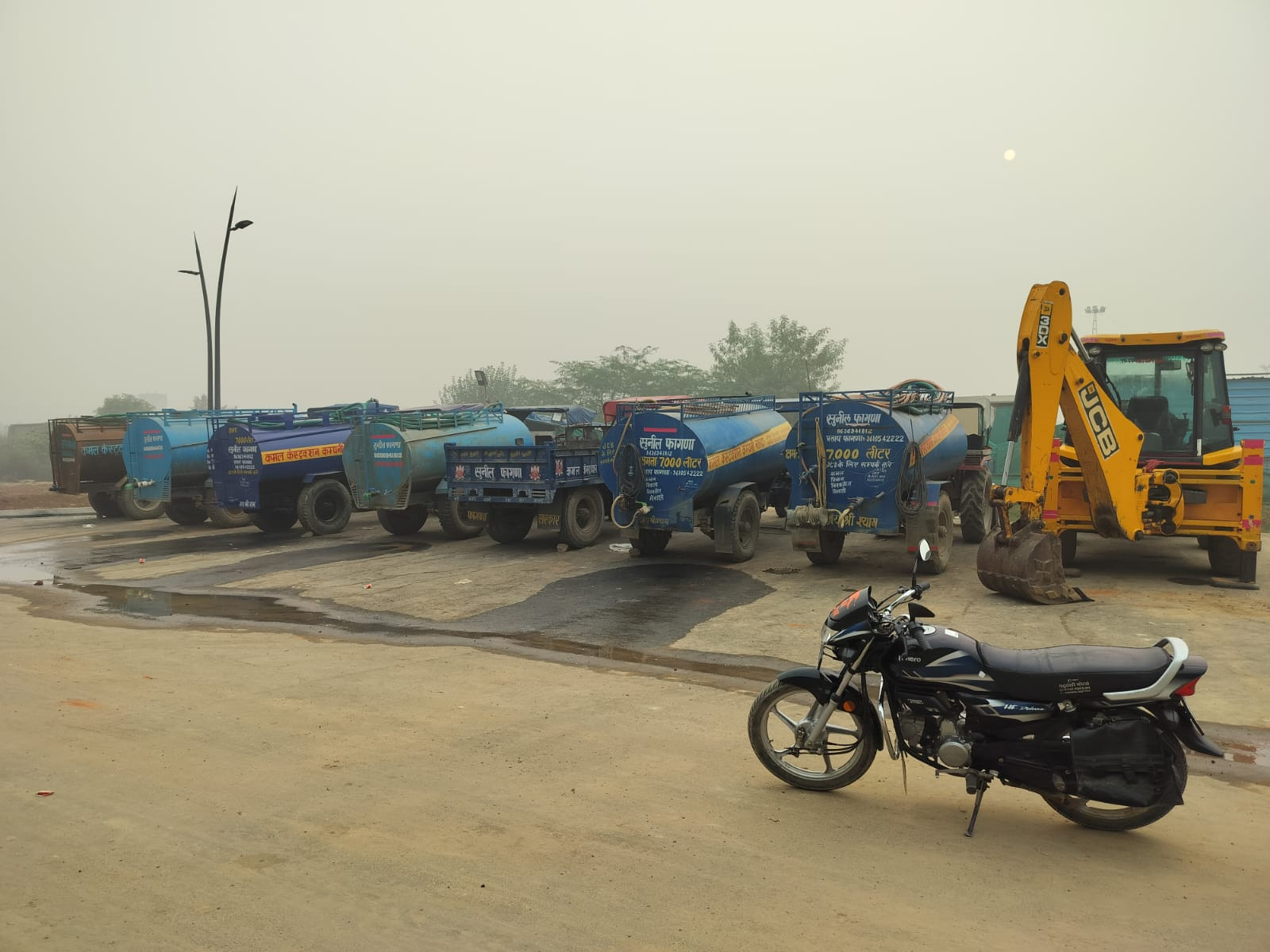

Delivering Essential Hydration: The Role of Water Tankers in Water Transport
In the realm of water transport, water tankers play a vital role in ensuring the efficient and reliable delivery of this essential resource to various locations. These specialized vehicles, also known as tanker trucks, are designed to transport large quantities of water, facilitating a range of applications from emergency water supply to municipal water distribution.
The primary purpose of a water tanker is to facilitate the safe and controlled transport of water from one point to another. This can involve delivering water to areas facing shortages, supplying potable water for drinking, or providing water for various industrial and commercial purposes.
Water delivery through tankers is a versatile service that addresses diverse needs. Whether it's responding to emergency situations, providing water for construction sites, or supporting municipal water supply efforts, water tankers ensure that a consistent and reliable water source is available when needed.
For situations requiring high-quality drinking water, a potable water tanker is employed. These tankers are equipped with systems to ensure the cleanliness and safety of the water they transport, meeting stringent standards for human consumption.
Drinking water transport is a critical service, especially in areas where access to clean water may be limited. Potable water tankers play a crucial role in delivering safe drinking water to communities, supporting public health initiatives, and mitigating water scarcity challenges.
Municipalities often rely on water supply tankers to augment their water distribution systems. These tankers assist in reaching areas that may not be connected to the main water supply network, ensuring that residents in remote locations have access to a sufficient and reliable water source.
As bulk water carriers, tankers have the capacity to transport significant quantities of water in a single trip. This capability is particularly valuable for large-scale operations, such as construction projects or events, where a substantial and immediate water supply is required.
The term water distribution truck highlights the role of tankers in efficiently distributing water across designated areas. Whether it's for agricultural irrigation or maintaining green spaces, water distribution trucks contribute to the responsible use and management of water resources.
A mobile water tank refers to a tanker designed for mobility and flexibility in water transport. These tanks are equipped with features that enable them to navigate various terrains and reach locations where a fixed water supply infrastructure may be unavailable.
Emergency water supply is a critical function of water tankers during times of crises, such as natural disasters or infrastructure failures. These tankers can rapidly deliver water to affected areas, providing relief and supporting recovery efforts.
Municipal water tankers are often operated by local authorities to address temporary water shortages or meet increased demand during peak periods. These tankers serve as supplementary resources to the existing water infrastructure, ensuring a consistent water supply for residents.
A water bowser is another term used to describe a water tanker. The bowser is equipped with a tank that holds water, and its design allows for controlled dispensing of water, making it suitable for various applications, including agricultural use.
Water haulage involves the transport of water over long distances, and water tankers are instrumental in this process. Their capacity to cover extensive distances ensures that water can be efficiently transported from its source to areas in need.
The term tanker trailer refers to a trailer unit attached to a truck that is specifically designed for transporting liquids, including water. These trailers provide additional capacity for water transport, enhancing the overall efficiency of the operation.
With the ability to function as water storage on wheels, tankers offer a mobile solution for maintaining a reserve water supply. This mobility is particularly beneficial in situations where access to a fixed water storage facility may be limited.
In summary, water tankers, with their diverse capabilities and applications, are indispensable in addressing the varied water transport needs of communities and industries. From emergency relief to everyday water distribution, these vehicles play a crucial role in ensuring that water, a fundamental resource, is delivered efficiently and responsibly to those who need it most.